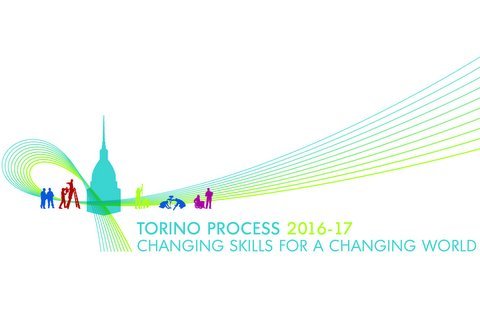
Changing Skills for a Changing World
The future of skills, vocational education and training (VET) and labour market systems is at the forefront of the Torino Process 2017 conference on June 7-8, bringing together hundreds of stakeholders from ETF partner countries, Europe and beyond!
(Sessions, speakers and on-line programme here. You can join the discussion on Twitter @etfeuropa #ETFTRP)
The theme of the 2017 event has different meanings. It describes skills that are changing in response the global environment, innovation and disruption. It also describes the effect of bringing about change in skills development. Education and training systems must engage in changing skills to ensure learners and workers acquire the adaptability needed to thrive in the fast changing world of work.
Innovation, Diversification, Delivery, Cooperation and Future are the key words
that will frame the discussions, debates and workshops at the conference.
Innovation – the thread running throughout the conference and the future of ETF work with its partner countries, where VET policies will be shaped around innovation as both a process and opportunity.
Diversification - ensuring that VET provision
is diversified to reach more users in better, more customised ways, and
diversifying programmes and methods of delivery.
Delivery - shifting coordination between stakeholders
to move from a focus on policy formulation to actual mechanisms for delivering
actions.
Cooperation - promoting the idea that cooperation is
something that needs to take place not only nationally, but throughout levels
of governance in the country - local, vocational institutions and
communities.
Future – focusses on two big ideas: preparing
for the next round of national VET strategies in partner countries and looking
at how evidence collection and analysis can shift from a focus on past and
present performance to anticipating future needs.
Did you like this article? If you would like to be notified when new content like this is published, subscribe to receive our email alerts.